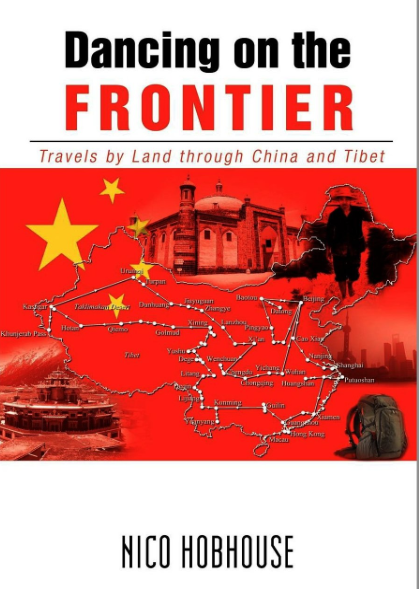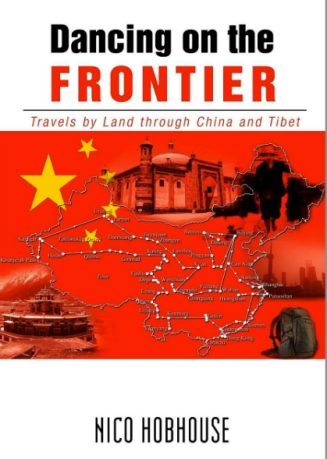From periodically peering into Russian affairs through the British press one could be forgiven for understanding Putin’s Russia as a ‘police state’.
That’s inaccurate, says Luke Harding in Mafia State. It’s a crime state.
Luke Harding is The Guardian‘s senior international correspondent. He’s recently been hopping in and out of Assad’s anarchic Syria, but made his name as its Russia correspondent between 2007 and 2011. Famously, after peeving the Kremlin a bit too much he became the first Western correspondent since the Cold War to be expelled from Russia. Frustrated, irritated and exacerbated he did the only thing he could do – tell everyone about it.
Harding gives the FSB – the Russian Federation’s successor to the Soviet Union’s KGB – a tough rap. It is a law unto itself. Its agents – some 200,000 strong by Harding’s reckoning – are immune from any sort of prosecution. They are the clients of multiple powerful interests, of which the Kremlin is just one. Scary stuff.
Earlier last month Harding visited Oxford to talk to the Oxford Media Society, which I help out with. A few of us were lucky enough to have dinner with him beforehand. (Disclosure: Luke insisted on paying for all our meals at Quod – so I was already a big fan of the guy) He then gave a humorous and spirited talk that was nonetheless intensely serious in character.
Some of the FSB stunts Harding fell victim to do seem “fairly innocuous”, he explained. But really they’re not. A pornographic sex manual was left on the bedside table in the marital bedroom; a page on achieving orgasm had been bookmarked. Hilarious, if spooky.
Less funny: Harding returned to his 10th floor flat one day to find a large window, that had been double-locked when he left, swung wide open above the courtyard far below. That window was by his young son’s bed – the unambiguous message: an accident might just happen. Similarly, having since moved to a suburban dacha, the family returned home one winter’s day to find their boiler had been inexplicably disconnected. In -20 degrees Celsius, that is no laughing matter.
Mafia State is less than 300 pages. But in that space it successfully marries a chilling – if charming – personal account with an angry inditement of the monolithic kleptocracy that Putin has fashioned.
I enjoyed the book for three reasons. First, it’s a good book: as the New Statesman and LRB attest. Second, I liked the author. The passion with which the book has been written was conveyed all the more forcefully to me having learnt what Harding was about. And third, I’m overwhelmingly sympathetic to his conclusions. I’ve heard a lot from professional Russia-watchers who, whilst knowing their subject much better than I do, seem to quick too equivocate and explain, even justify, the Russian system. ‘Russia has never known democracy’ they say, ‘autocracy is in its DNA’.
[It’s a fair point. Russia’s brief flirtation with democratic institutions and an open economy in the 1990s ended in disaster. Putin brought stability and a degree of shared prosperity to the country; his clique of KGB strongmen seemingly delivered what democracy could not. If there’s one important omission in Harding’s book then this is it: how does he answer the claim that Putin’s authority derives from the recovery from those turbulent years?]
But Harding doesn’t equivocate, he doesn’t empathise and he doesn’t attribute any noble purpose to the Russian regime. Putin and his clan are in it, chiefly, for their own profit. The WikiLeaks cables indicate that Putin has personally accumulated billions in assets; the burgeoning bureaucracy of the Russian state has similarly enriched itself. Putin has established authority through channeling oil&gas revenues into social projects, all the while creaming off most of the profit for the plethora of powerful interests that keeps the whole show on the road.
And in any case Harding reckons that that authority is crumbling. The condescension with which Putin treated the Russian people in the casual May job-switch with Medvedev, returning to the Kremlin after 4 years basically running it from the White House, was obvious for all to see. It has sparked the first set of mass anti-Putin protests since 2000. Increasingly the smart money is on Putin being ejected from the Kremlin in some way before his two-terms expire in 2024. I wouldn’t bet on it.


